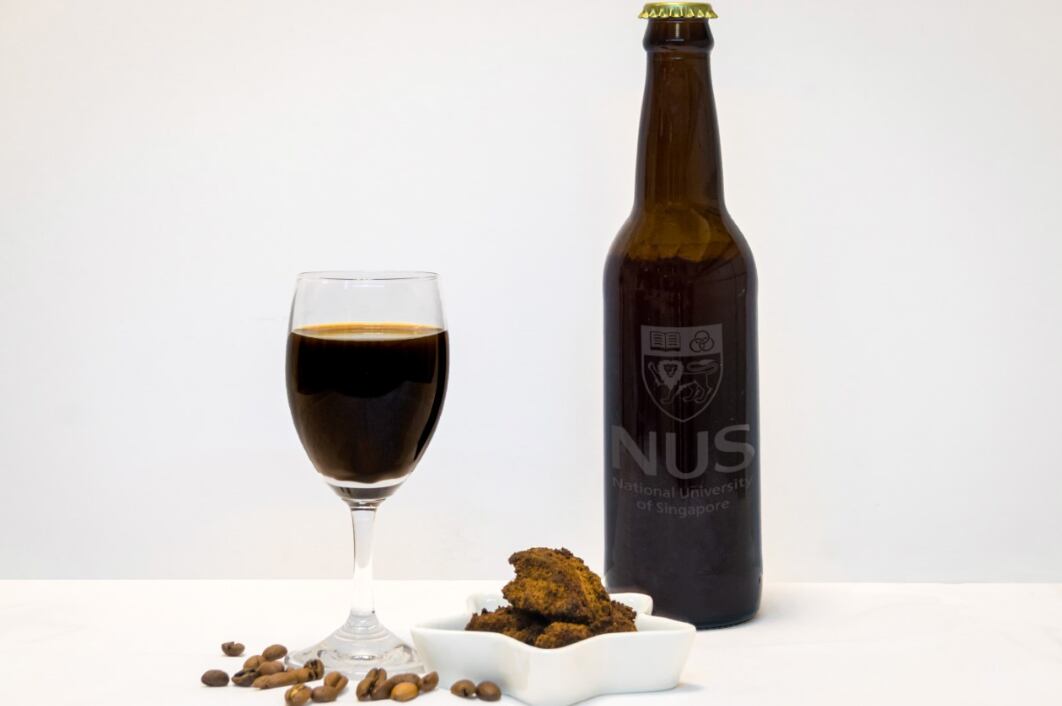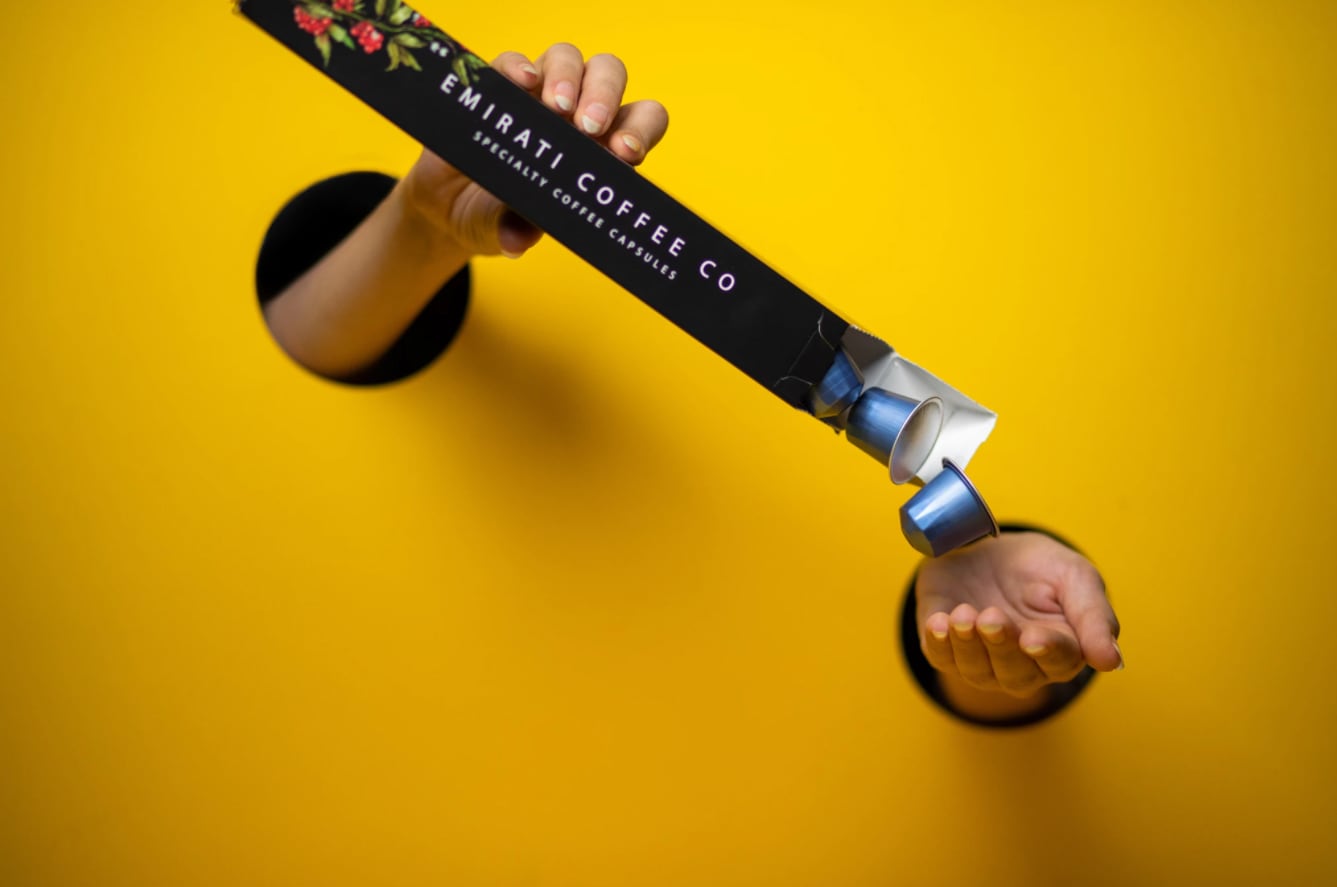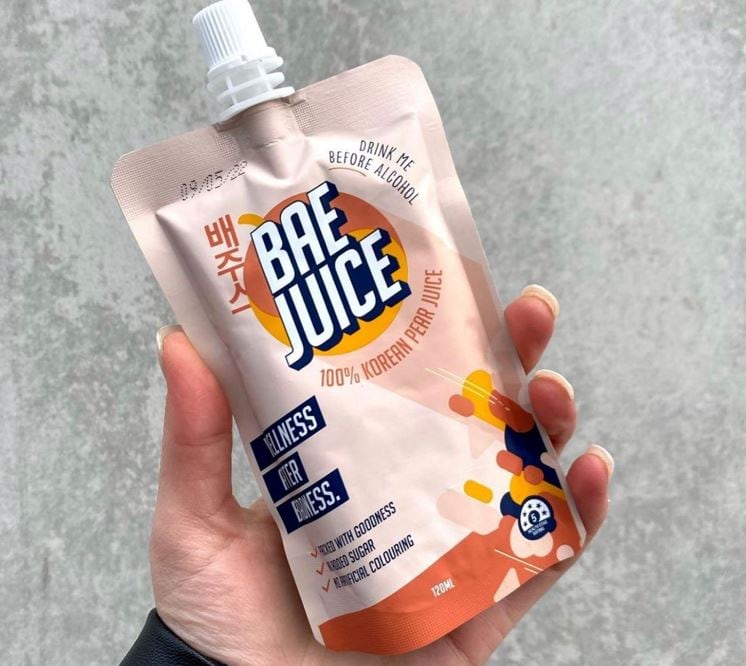Spent coffee grounds are the residue obtained during the coffee brewing process and about six to eight million tons are generated annually worldwide resulting from the rising consumption of coffee.
Typically, they are discarded as waste, however, may be an environmental hazard since they contain phenolic compounds which can be harmful to the soil, river or sea.
In recent years, there were several projects utilising spent coffee grounds as construction materials, however, there are still limited applications in the food industry.
Liu Yunjiao, a Ph.D. student at the Department of Food Science and Technology at NUS who is involved in the current project said spent coffee grounds are rich in carbohydrates, lipids and protein and are a promising ingredient in the food industry.
Based on these factors, the team was motivated to play a part in reducing food waste, yet utilising the spent coffee beans in a way that was sustainable for the environment.
“We also wanted to contribute towards a circular economy and help Singapore achieve its goal producing 30% of its food locally by 2030,” according to Liu.
Process
So, the team set off to develop a technology converting spent coffee grounds into alcoholic beverages with different flavours.
The patented technology involves collecting the spent coffee grounds and drying them, hydrolysing to obtain spent coffee grounds hydrolysate, and fermenting these spent coffee grounds hydrolysate with selected microorganisms like yeast and bacteria.
Saccharomyces cerevisiae Merit and Lachancea thermotolerans Concerto were used to ferment the spent coffee grounds. The preparation method was published in the journal LWT.
Following these steps, an alcoholic beverage will be produced with an alcoholic content of 9% v/v or less. The beverages will also give off fruity, floral, and roasty notes.
According to Liu, the beverage is similar to beer in terms of its low alcohol content, yet contains more functional compounds such as bioactive phytochemicals and amino acids with antioxidant and anti-inflammation properties. These compounds will provide anti-inflammation and gut health benefits.
R&D challenges
During the process, the team were faced with many challenges, such as the naturally high lipid content in spent coffee grounds (10 to 15%) which was not ideal for fermentation, so these had to be defatted first.
In addition, the macronutrients in spent coffee grounds are in the form of polymers, such as hemicellulose, and ligand which are large molecules and cannot be broken down by microorganisms. So, the hydrolysis process helps to break these into small molecules, allowing for fermentation.
The team is currently working on shelf life studies with the first prototype.
They are also looking for collaborations from the coffee industry to further develop and commercialise the technology.
Its spent coffee grounds are currently supplied by a local food manufacturer.
Source: LWT
https://doi.org/10.1016/j.lwt.2020.110751
“Biotransformation of spent coffee grounds by fermentation with monocultures of Saccharomyces cerevisiae and Lachancea thermotolerans aided by yeast extracts”
Authors: Yunjiao Liu, et al.




